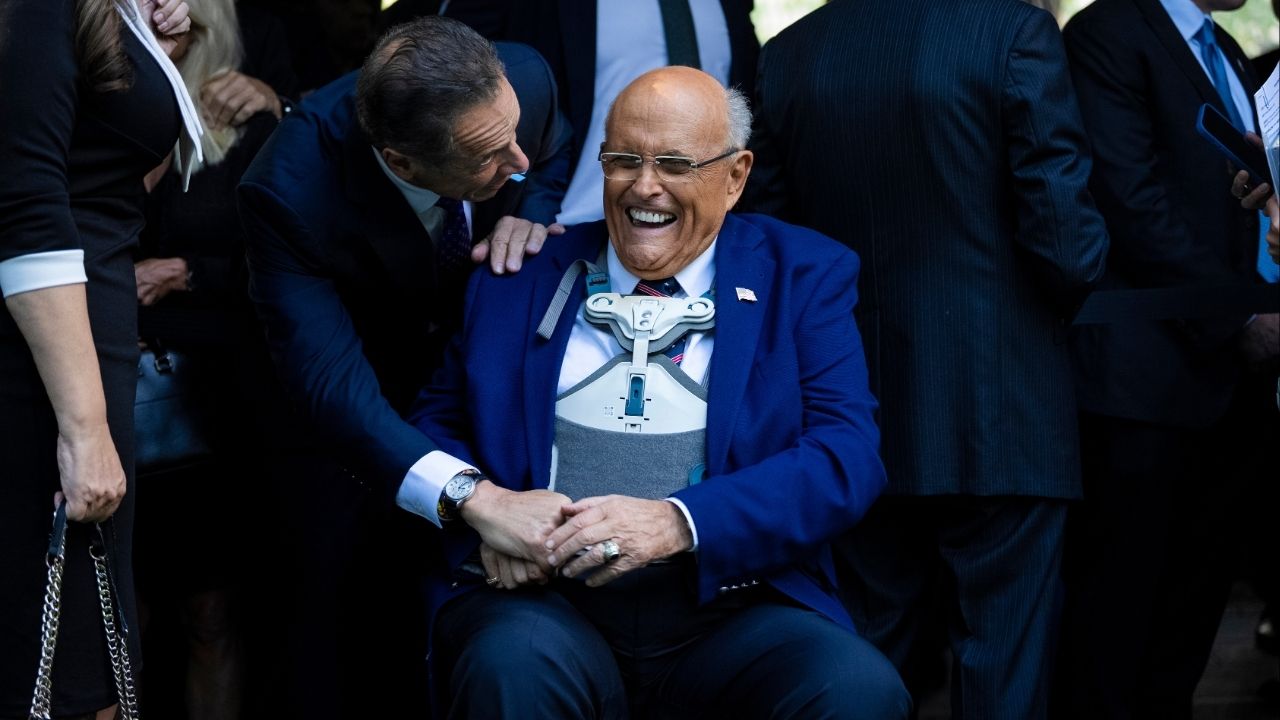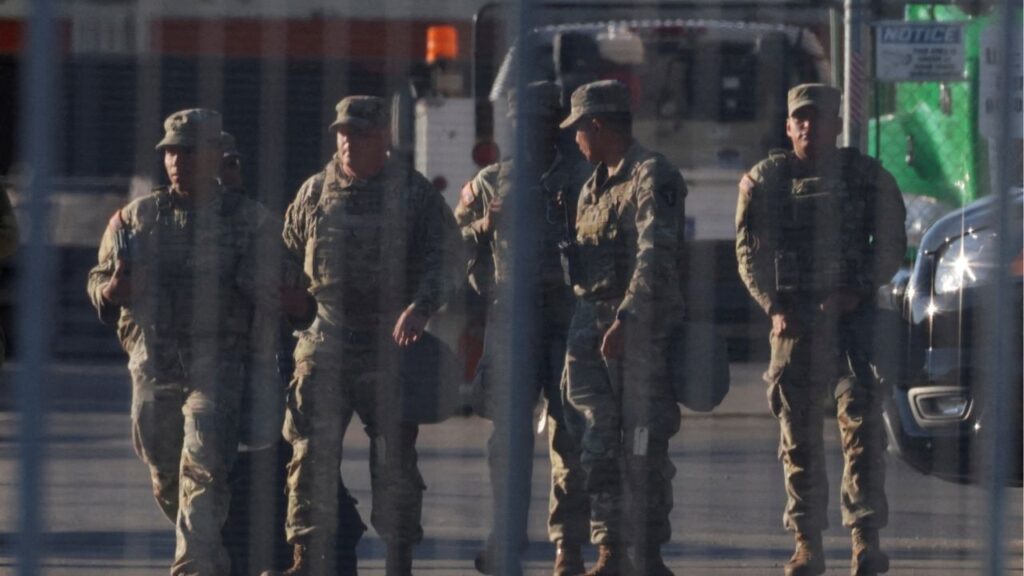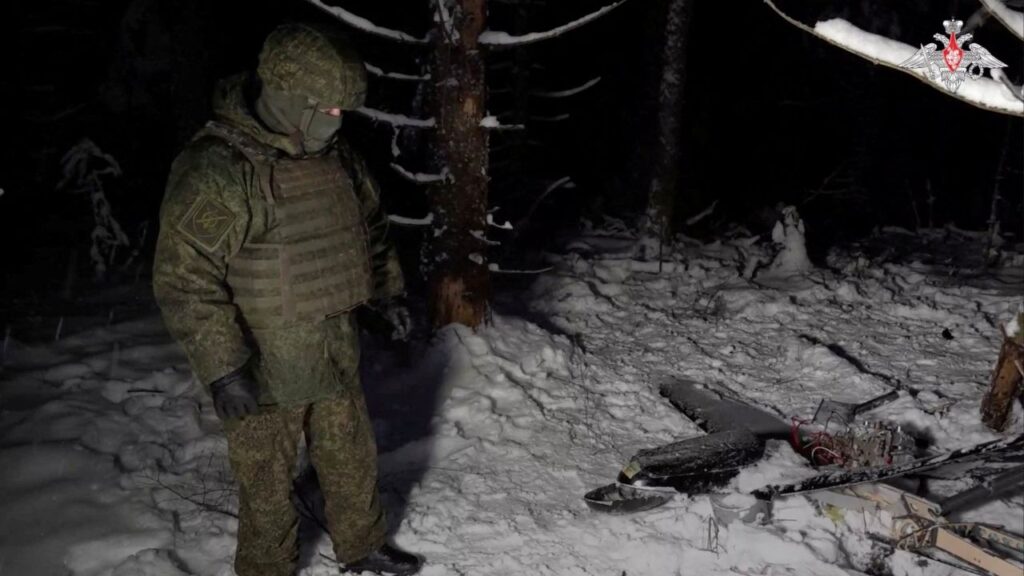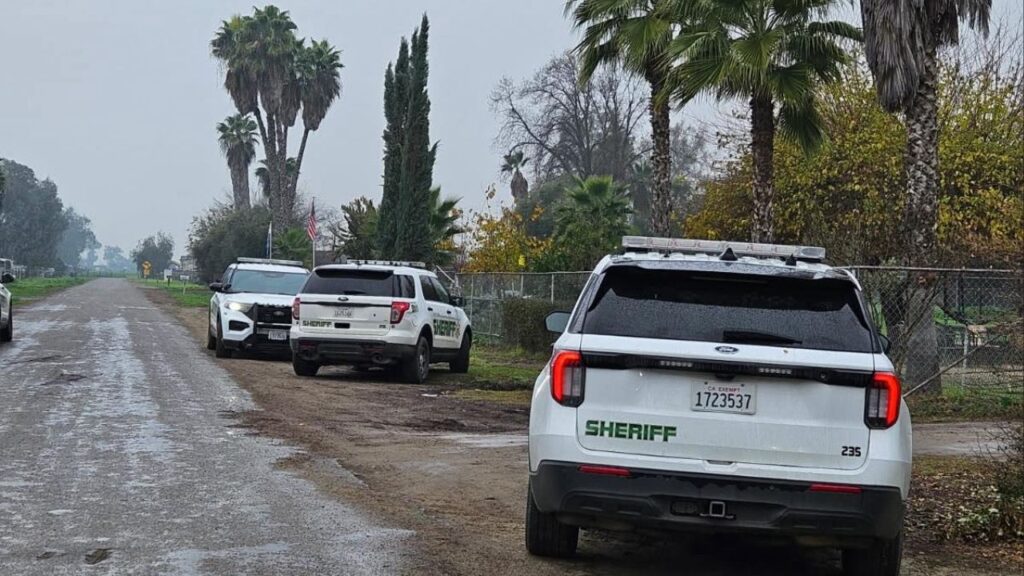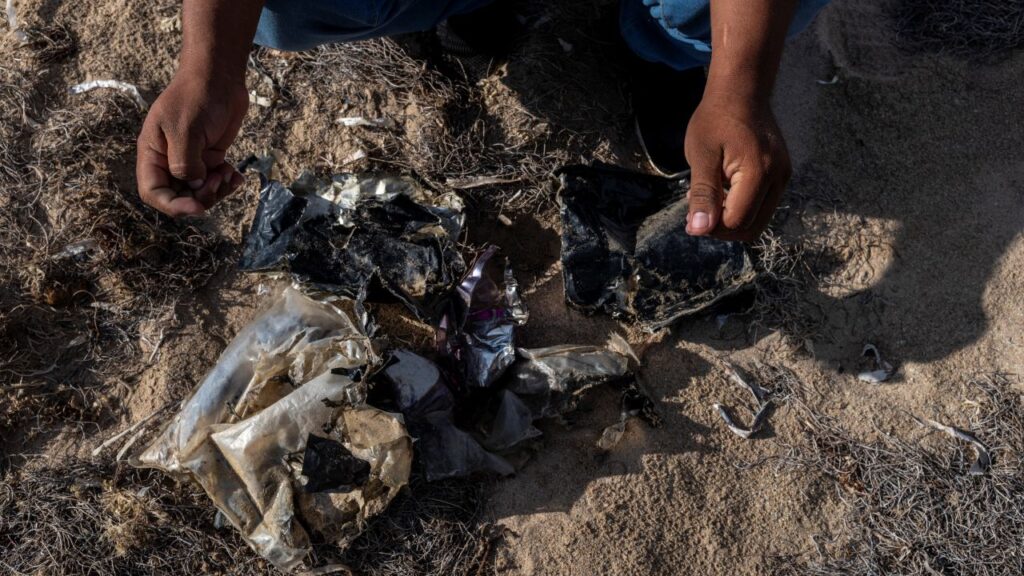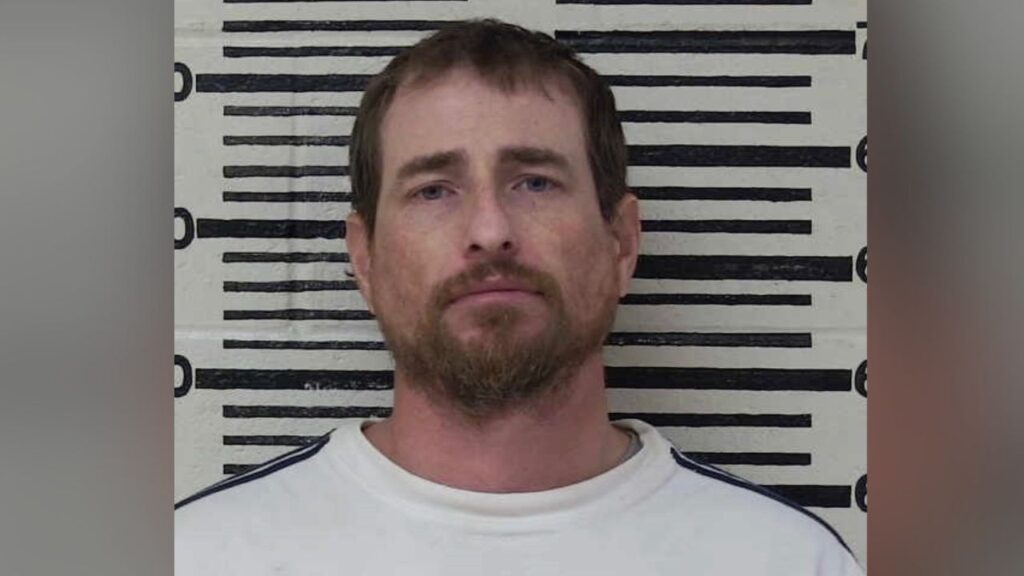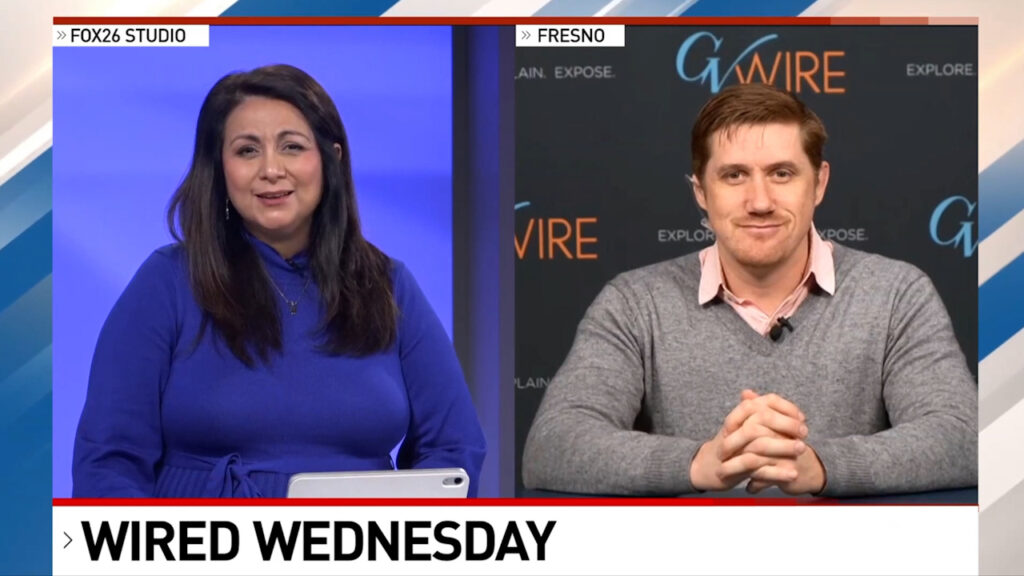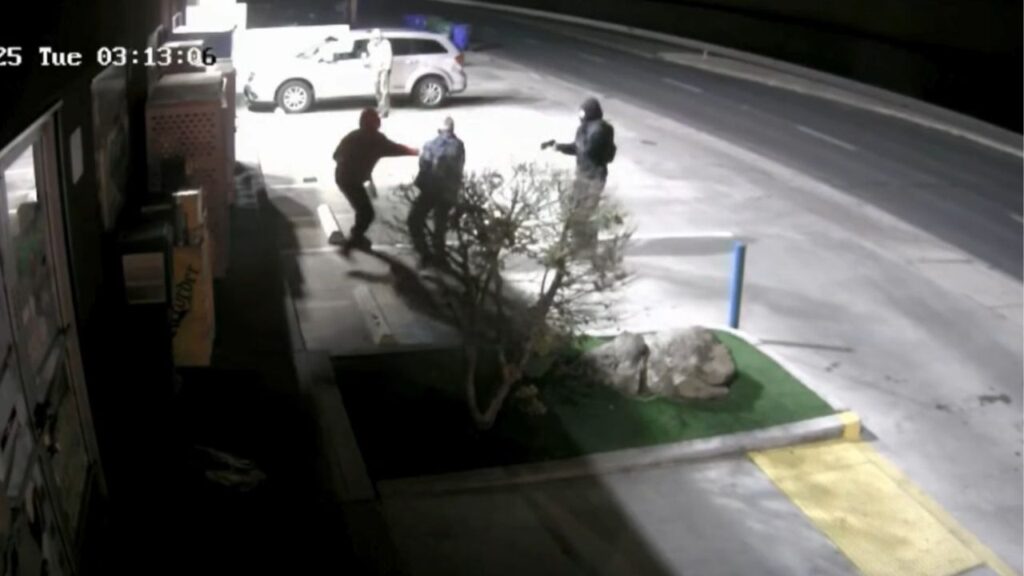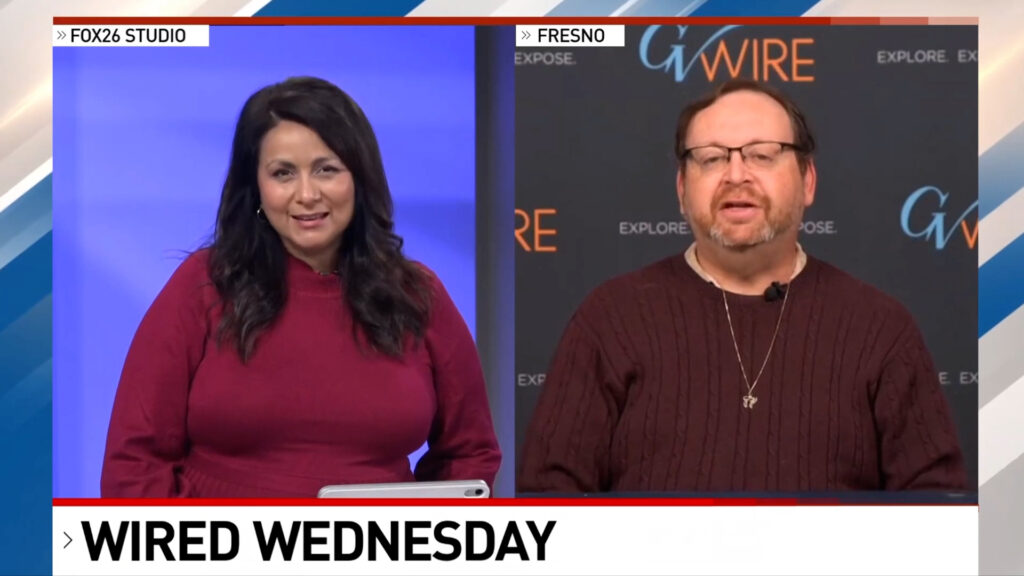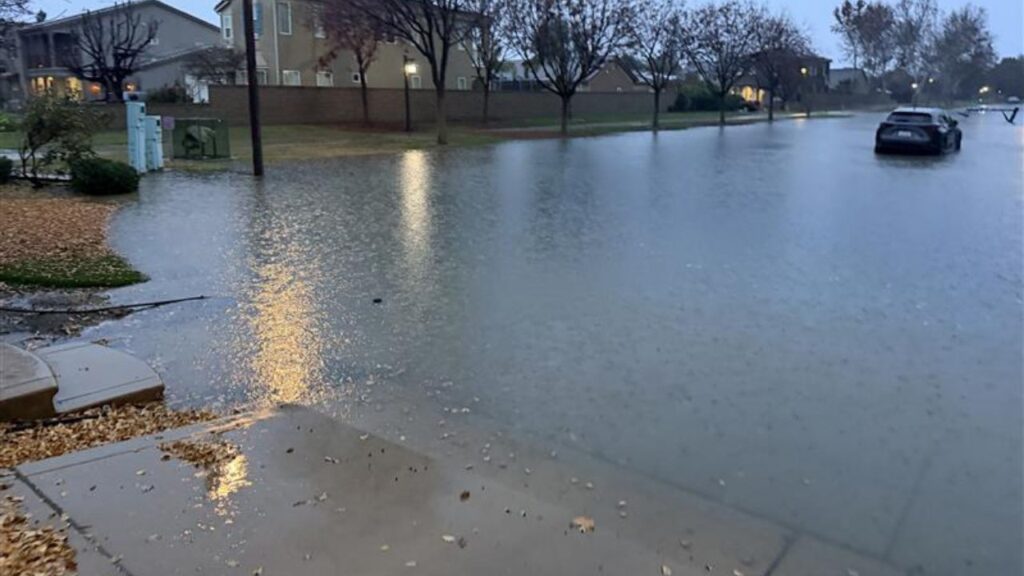Rudy Giuliani, seated, a former New York City mayor and lawyer for President Donald Trump, shares a laugh with former Gov. ANdrew Como of New York, then an independent candidate for mayor, at a commemoration ceremony on the anniversary of the 9/11 attacks in lower Manhattan on Sept. 11, 2025. Trump has granted pre-emptive pardons to Giuliani and others accused of trying to overturn the results of the 2020 presidential election, according to an official familiar with the matter. (Vincent Alban/The New York Times)

- President Trump issued sweeping pardons to Rudy Giuliani and other allies tied to efforts to overturn the 2020 election.
- The pardons, described as “full, complete and unconditional,” cover figures like Mark Meadows, Sidney Powell and John Eastman.
- Though largely symbolic, the pardons underscore Trump’s willingness to use presidential powers to protect loyalists and rewrite history.
Share
|
Getting your Trinity Audio player ready...
|
President Donald Trump has granted pardons to his former lawyer Rudy Giuliani and a wide array of other people accused of trying to overturn the results of the 2020 presidential election, according to the Justice Department’s pardon attorney.
The pardon attorney, Ed Martin, a lawyer who has long supported the rioters who were themselves granted clemency by Trump for attacking the Capitol on Jan. 6, 2021, posted a copy of the pardon proclamation on social media early Monday morning with a list of those who were covered by it.
Aside from Giuliani, the list included John Eastman, a conservative lawyer who advised Trump’s 2020 campaign; Mark Meadows, the former White House chief of staff; Boris Epshteyn, a top presidential adviser; and Sidney Powell, another lawyer who led one of the most far-fetched efforts to use the courts to reverse Trump’s electoral defeat.
The pardons, which only apply to federal crimes, are primarily symbolic. None of those named on the list are currently facing federal charges, and the pardons cannot shield them from continuing state-level prosecutions.
Even though the pardons will have little practical effect, they stand as a reminder that Trump has often used his expansive powers to reward and protect his allies, even as his Justice Department has shattered traditional norms of independence from the White House by following his orders to pursue criminal cases against those he perceives to be his enemies.
‘Great Americans’
In a statement, White House press secretary Karoline Leavitt called those who had received the pardons “great Americans,” claiming they had been “put through hell by the Biden administration for challenging an election.”
The proclamation announcing the pardons said they had been issued as a corrective measure to address “a grave national injustice” that took place when the 2020 election went against Trump and Joe Biden became the president.
It represented, among other things, the latest effort by Trump to sustain the lie that the vote count had been rigged against him in 2020 and to rewrite the history of Jan. 6, which he has repeatedly referred to as “a day of love” despite the violence that erupted against scores of police officers protecting the Capitol.
Beyond Trump’s lawyers and advisers, the pardons covered several state-level officials who submitted so-called fake slates of electors to the Electoral College, falsely claiming that Trump had won the 2020 race in states that were actually won by Biden. Many of those officials are still facing prosecution on state charges.
The broad language of the proclamation, granting “full, complete and unconditional” pardons to everyone on the list, was likely to protect those named against any future efforts to bring federal charges related to the 2020 election. It could also cover many others who sought to challenge the results of the election, including members of Congress who took part in the campaign to pressure Vice President Mike Pence not to certify Biden’s victory.
It remained unclear why Trump issued the pardons now, more than five years after the election in question took place. The pardons were signed Friday, according to two people with knowledge of the matter, but the proclamation appeared to be undated.
Still, the move came amid growing frustration among Trump’s most ardent supporters about lingering questions related to Jan. 6 and to a raft of other pardons sitting unsigned on the president’s desk.
Over the weekend, many Trump supporters — including several of the pardoned Jan. 6 rioters — expressed disappointment that the administration had not yet responded to a report by right-wing media outlet The Blaze that identified the person who planted pipe bombs near the Capitol on Jan. 6 as a former Capitol Police officer. (That report, based on so-called gait analysis, has not been substantiated by the federal law enforcement officials who have been investigating the pipe bomb case for years.)
Other Jan. 6 defendants and their lawyers have raised separate complaints, saying the Justice Department has been blocking efforts to grant the pardoned rioters some form of financial compensation.
Giuliani, Powell, Epshteyn and Eastman have not faced federal charges in connection with the 2020 election. But they were identified — albeit not by name — as unindicted co-conspirators in the federal case filed in 2023 by Jack Smith, the special counsel, accusing Trump of interlocking conspiracies to reverse his defeat to Biden and to interrupt the transfer of presidential power.
Another person Trump pardoned, Jeffrey Clark, a former top official at the Justice Department who helped him push the narrative that the election had been stolen, was also named as an unindicted co-conspirator in Smith’s case. But he was ultimately dropped from the indictment after the Supreme Court ruled that he could not face criminal penalties as part of its decision granting Trump broad immunity from prosecution for acts he undertook in his official role as president.
Giuliani, Epshteyn, Meadows and Eastman are still facing state election interference charges in Arizona, where prosecutors said they were part of a scheme that sought to falsely declare Trump the winner of that state’s 2020 presidential contest. Part of the effort involved putting pressure on local election officials in Arizona to change results to favor Trump, prosecutors said.
That case, however, remains in a kind of legal limbo.
—
This article originally appeared in The New York Times.
By Alan Feuer and Glenn Thrush/Vincent Alban
c. 2025 The New York Times Company
RELATED TOPICS:
Categories
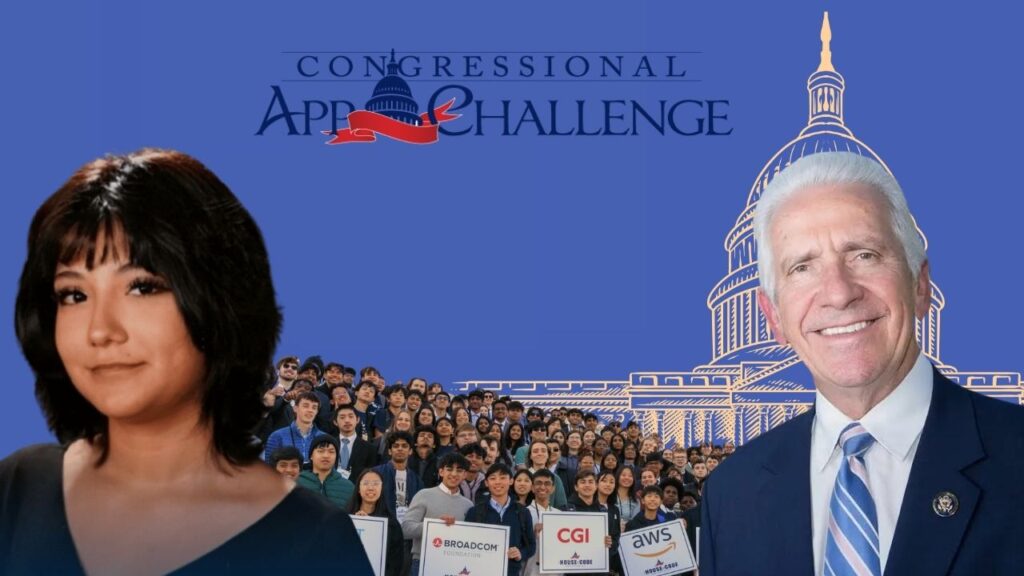
Selma High School Student Wins Congressional App Challenge



